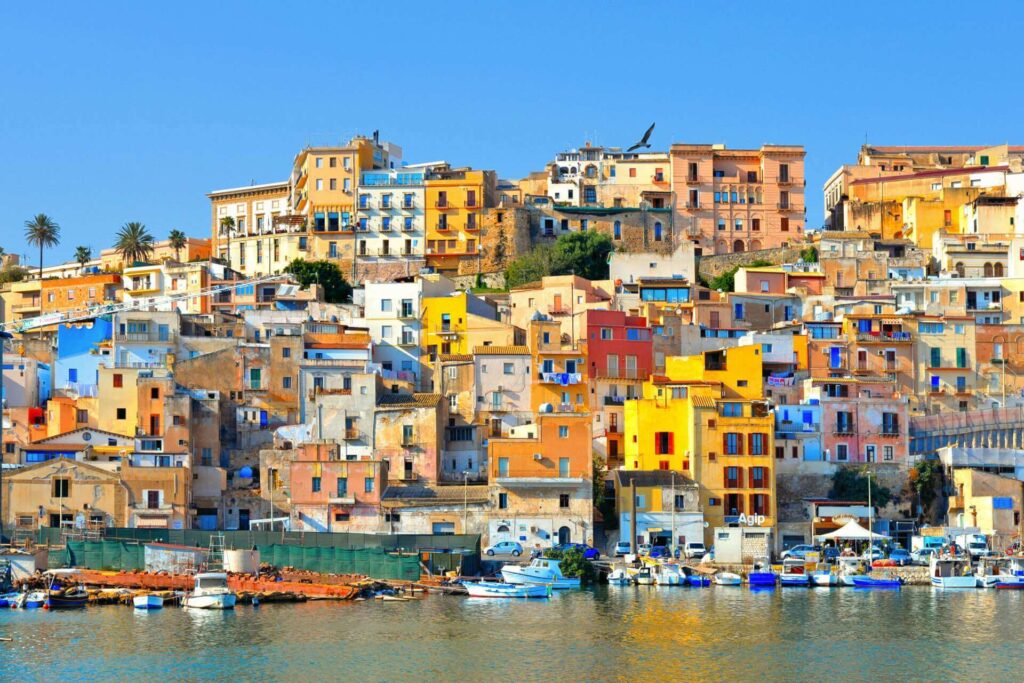06/07/2024
06/07/2024

ITALY, July 6: Agrigento, a historic city perched on a hill in Sicily, known for its Valley of the Temples, is now grappling with severe water shortages. The ancient and modern aqueduct systems that once reliably supplied water are now running dry, forcing small hotels and guesthouses to turn tourists away. These establishments cannot guarantee basic amenities like functioning toilets and showers due to the water crisis.
In February, Sicily declared a state of emergency and began enforcing water restrictions amid a relentless drought. The region’s leaky, aging infrastructure has exacerbated the problem, impacting both tourism and agriculture — two critical sectors of Sicily's economy. Over one million residents across 93 communities are now subject to water rationing, with some required to cut water usage by up to 45%. In many areas, taps run dry according to a strict schedule, and the water supply is shut off completely overnight.
Tourists are now questioning whether to visit affected areas, with travel forums and review sites reflecting concerns about water shortages. Hotels are preemptively warning clients and assisting them in rebooking to less affected parts of the island.
At Le Cinque Novelle B&B in Agrigento, strict water restrictions have led the owners to install filters on showers and sinks to conserve water, but guests frequently complain. Giovanni Lopez, the owner, expressed frustration over the situation, noting its significant economic impact on the tourist sector, which is vital for the region.
The Sicilian regional government has requested subsidies from Rome to import water from the mainland, but no concrete plans have been announced. In response to CNN’s inquiry, Italy’s tourism minister suggested diversifying the tourism season to alleviate summer water shortages.
Last year, Sicily faced severe wildfires, and now drought-induced water shortages pose another challenge. Climate change, driven by human activities, is intensifying the situation, with Sicily experiencing extreme drought conditions. The island saw record-breaking temperatures in August 2023, reaching 48.8 degrees Celsius (119.8 degrees Fahrenheit).
Less than a quarter of the usual winter rainfall occurred, leaving around 20% of underground aquifers in a state of “water scarcity.” In February, a “state of crisis and water emergency” was declared for Agrigento and four other provinces, lasting until at least the end of the year.
Local businesses, like Marco Maccarrone’s restaurant in Agrigento, are struggling. Maccarrone highlighted the lack of alternative solutions and the financial burden of purchasing water from tankers. The slow water flow makes daily operations difficult.
Hotels are required to maintain a certain amount of water reserves, which is feasible for larger establishments but challenging for smaller, family-run hotels and B&Bs. Francesco Picarella, head of Agrigento’s Hotel Federation, criticized decades of ineffective governance for the current crisis. Despite discussions about rebuilding the water network since 2011, progress has been minimal.
The regional government points to plans for drilling new wells, building pipelines, and revamping desalination plants, though funding from Rome remains insufficient. The water crisis threatens what should have been a prosperous year for Agrigento, named the Italian Capital of Culture for 2025.
The situation is equally dire for farmers. Near Caltanissetta, goats are drinking muddy sludge due to dried-up ponds, and citrus farmers face shriveled crops. Over-development and reduced wetlands have worsened the problem. Sicily’s regional president, Renato Schifani, reported losses exceeding €1 billion from crops, empty reservoirs, and dying livestock, with potential further losses from tourism.
For communities in Agrigento, the water crisis is devastating. Farmers like Luca Cammarata, who depend on regular water supply for their livestock, face difficult choices. Solutions, such as reopening desalination plants, will take time—time that Sicily is quickly running out of.


